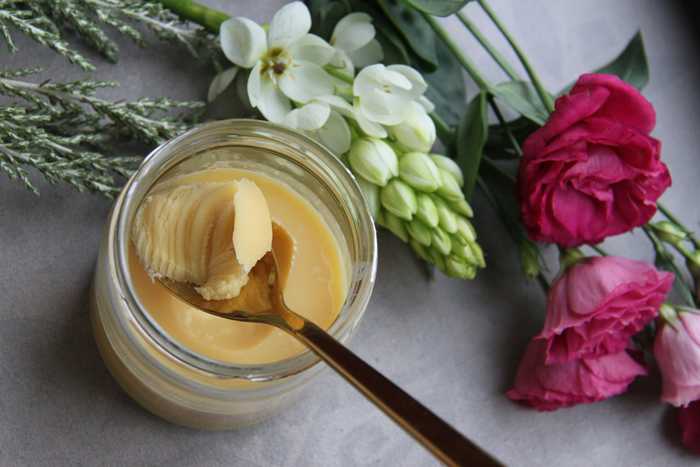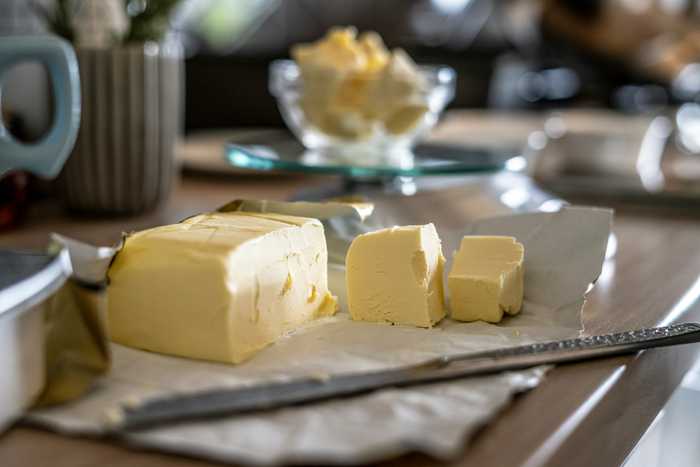Published 12:19 IST, May 12th 2024
In the debate between ghee and butter as sources of good fat, both options have their unique qualities and culinary uses. Which one should you choose?
Advertisement
When it comes to incorporating good fats into your diet, both ghee and butter are popular choices that offer a rich, creamy flavor and a host of potential health benefits. However, when faced with the choice between these two dairy-derived fats, it's important to consider their nutritional profiles, culinary uses, and potential impact on health to make an informed decision. Let's understand the differences between ghee and butter to help you choose the right source of good fat for your dietary needs.
Nutritional composition
Ghee
Advertisement
Ghee is a form of clarified butter made by heating butter to separate the milk solids and water, leaving behind a pure, golden fat. Ghee is rich in saturated fats, including medium-chain triglycerides (MCTs) and butyric acid, as well as fat-soluble vitamins such as vitamin A, D, E, and K. Ghee is also lactose-free and contains negligible amounts of casein and lactose, making it suitable for individuals with lactose intolerance or dairy sensitivities.

Butter
Advertisement
Butter is a dairy product made from churning cream or milk to separate the butterfat from the buttermilk. While butter also contains saturated fats, it also contains higher levels of cholesterol and milk solids, including lactose and casein. Butter is a good source of fat-soluble vitamins like vitamin A and E, as well as essential fatty acids like omega-3 and omega-6.
Culinary uses
Ghee has a higher smoke point compared to butter, making it ideal for high-temperature cooking methods such as frying, sautéing, and deep-frying. Ghee has a rich, nutty flavor and imparts a delicious aroma to dishes, making it a popular ingredient in traditional Indian cuisine and other culinary traditions around the world. Ghee also has a longer shelf life than butter and does not require refrigeration, making it a convenient pantry staple.
Advertisement
Butter
Butter is prized for its creamy texture and rich flavor, making it a versatile ingredient in both sweet and savory dishes. Butter is commonly used in baking, cooking, and as a spread on bread, toast, and pancakes. While butter adds richness and flavor to dishes, it has a lower smoke point compared to ghee, making it more prone to burning at high temperatures.
Advertisement

Health considerations
Ghee - Despite its high saturated fat content, ghee is often touted for its potential health benefits, including improved digestion, enhanced nutrient absorption, and reduced inflammation. Ghee is also believed to support weight loss, boost metabolism, and promote cardiovascular health when consumed in moderation as part of a balanced diet.
Butter - Butter has been a dietary staple for centuries, but it's high cholesterol and saturated fat content have raised concerns about its impact on heart health. While some research suggests that moderate butter consumption may not be harmful and could even have potential health benefits, it's essential to consider individual dietary preferences, health status, and overall lifestyle factors when incorporating butter into your diet.
Advertisement
12:19 IST, May 12th 2024